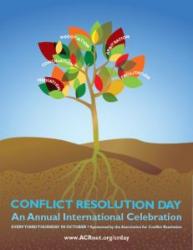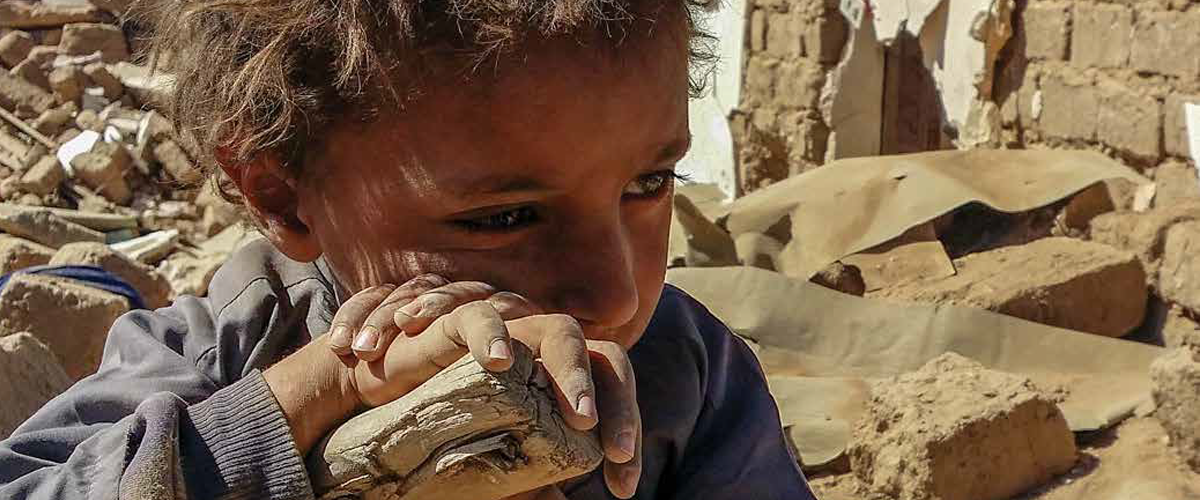Invisible work, it counts!
In 2001, AFEAS in Canada set up the invisible work day and ever since, throughout the world, the first Tuesday of April has become a symbolic day. 
What is invisible work? Invisible work, unpaid, consists of all of the work done within the family and voluntary work done in the community, whatever the status of the person.
How to make invisible work visible? The recognition of the value of invisible work will improve the status of those who do it, generally women as mother and carers, without forgetting all forms of voluntary work in schools, hospitals, old people’s homes, sports clubs and various associations…
In 2010, it’s difficult to understand the lack of recognition and support for men and women whose contribution to their family and the community is judged essential for its development and survival? How can we mark this day?
Source: Text: cms.horus.be/ Image: YouTube

 Around the world, conflict is exacting a massive toll on people’s lives. Trapped in wars that are not of their making, millions of civilians are forced to hide or run for their lives. Children are taken out of school, families are displaced from their homes, and communities are torn apart, while the world is not doing enough to stop their suffering. At the same time, health and aid workers – who risk their lives to care for people affected by violence – are increasingly being targeted.
Around the world, conflict is exacting a massive toll on people’s lives. Trapped in wars that are not of their making, millions of civilians are forced to hide or run for their lives. Children are taken out of school, families are displaced from their homes, and communities are torn apart, while the world is not doing enough to stop their suffering. At the same time, health and aid workers – who risk their lives to care for people affected by violence – are increasingly being targeted.